
NeurIPS 2025 Workshop on
SPACE in Vision, Language, and Embodied AI (SpaVLE)
December 7th 2025, San Diego Convention Center, San Diego, USA
About SpaVLE
The SpaVLE workshop aims to bridge the historically siloed efforts of NLP, CV, and robotics communities by fostering cross-disciplinary dialogue to advance research on spatial understanding and representation.
Where
Upper Level Room 29A-D, San Diego Convention Center, San Diego, USA
When
Sunday
7 December 2025
Overview
We never directly "see" space, but we perceive and reconstruct it, describe it through language, and plan our actions in accordance with its constraints.
Background
At the core of embodied cognition lies the challenge of understanding and reasoning about space, its representations, dynamics, how it forms from and constrains visual perception, language communication, action, and interaction with the environment. Spatial representations are inherently multimodal, integrating vision, language, and motor control. They must capture both 2D and 3D spatial structures, from local object relationships to global scene geometry. Although we live in a dynamic 3D world, the images and videos we perceive offer only partial, static glimpses of this environment. Reconstructing an accurate, temporally coherent model of the 3D world from such limited observations remains a central challenge in computer vision. Spatial reasoning is equally critical for language understanding, especially in human-robot interaction, where interpreting grounded references to objects and locations is essential for effective communication. For embodied agents, building robust spatial representations is vital to support real-world navigation, manipulation, and dialogue. Despite advances in data-driven pretraining across 2D/3D vision, language, and action modalities, spatial understanding remains an open challenge. For example, (vision-)language models still fall short of human-level spatial reasoning, often struggling to interpret the semantics of spatial expressions, particularly when perspective, memory, or embodiment constraints are involved.
Scope and Goal
This workshop is particularly interested in how spatial representations can be learned from multimodal data, and applied to core tasks in computer vision (CV), natural language processing (NLP), and robotics. Spatial understanding has historically been pursued separately by these communities, each adopting distinct approaches and problem formulations. The goal of this joint workshop is to provide a platform for much-needed cross-disciplinary dialogue, advancing research on spatial understanding and representation by bringing together diverse perspectives. We aim to foster discussion on how spatial representations, whether symbolic, neural, verbal, or geometric, can be learned, evaluated, and deployed across modalities and tasks. A key focus is aligning these approaches with the demands of real-world applications and addressing practical challenges such as the high cost of real-robot experiments, the scarcity of multimodal 3D and embodied data, and the complexities of human-in-the-loop evaluation and non-verbal communication.
Call for Papers
The list of accepted papers is now available at OpenReview!
Topics of Interest
The scope and topics include, but are not limited to:
- Foundations of Spatial Representation and Reasoning. Models and formalisms for representing space, including symbolic, geometric, neural, or hybrid approaches, and reasoning about objects, spatial relations, and dynamics in 2D and 3D environments.
- Multimodal Spatial Grounding. Learning and aligning spatial concepts across language, vision (2D / 3D), and action modalities, including spatial representation learning, cross-modal fusion, and spatially informed planning.
- Applications in NLP, Vision, Robotics, and Generative AI. Applying spatial understanding to tasks such as instruction following, embodied manipulation, situated dialogue, scene understanding, and spatially grounded generation (e.g., image/video synthesis, layout prediction, or simulation).
- Evaluation and Benchmarking Spatial Intelligence. Developing datasets, tasks, and metrics for assessing spatial reasoning, generative fidelity, grounded communication, and skill learning in embodied or interactive contexts.
- Spatial Reasoning in Pre-trained Models. Examining how large language and vision-language models handle spatial understanding, identifying current limitations, and exploring methods to integrate spatial priors or structural biases for improved generalization and robustness.
Submission Format
We welcome (1) Short papers up to 4 pages and (2) Full papers up to 9 pages.
- Long Research Paper (up to 9 pages)
- Short Research Paper (up to 4 pages)
- Dataset/Benchmark Paper (up to 9 pages, authors are strongly encouraged to follow the Datasets & Benchmarks Policies)
- Survey/Review Paper (up to 9 pages)
- Position Paper (up to 4 pages)
The page limit excludes references and supplementary materials. Submissions must be prepared in PDF format using the NeurIPS 2025 style template through OpenReview. One additional page is allowed for camera-ready versions of accepted papers to address reviewer comments.
- Submission Protocol: OpenReview
- Submission Template: Zip
- Archival Option: All accepted papers will be non-archival.
Important Dates
- Submission Open: July 7, 2025
- Submission Deadline:
August 23, 2025September 1, 2025 - Notification of Acceptance: September 22, 2025
- Camera-Ready Deadline: October 25, 2025
- Workshop Day: December 7, 2025 (co-located with NeurIPS 2025)
Challenge Track
Multi-Agent Embodied Intelligence (MARS) Challenge
In partner with the ICML 2025 MAS Workshop, we are excited to host the Multi-Agent Embodied Intelligence (MARS) Challenge as part of SpaVLE 2025.
- Track 1: Multi-Agent Embodied Planning. This track focuses on high-level task planning across heterogeneous embodied agents. Built upon the ManiSkill platform and RoboCasa dataset, we curate a set of task scenarios involving diverse robot embodiments and complex collaborative goals. Given a structured scene image with multiple candidate agents (humanoids, quadrupeds, manipulators), participants need to complete the following two tasks: (1) Select Agents: Choose a subset of appropriate agents from the scene based on a natural language command. (2) Assign Actions: Define a sequence of high-level actions for each selected agent to accomplish the collaborative task. This task evaluates the vision large language model's ability to reason over multi-agent allocation, role assignment, and symbolic planning, simulating real-world cooperation among diverse robots.
- Track 2: Policy Execution for Multi-Agent Control. This track focuses on low-level policy execution in physically realistic simulation environments. It utilizes RoboFactory, a simulation benchmark for embodied agents based on the ManiSkill platform. Participants are required to deploy and control multiple embodied agents (e.g., robotic arms) to collaboratively complete manipulation-centric tasks like block stacking. Each task is an episode where agents interact with dynamic objects in a shared workspace under partial observability and randomized conditions. The core challenge lies in achieving robust, learned coordination across multiple agents.
Submission Format
SpaVLE will host the technical reports to challenge solutions as regular long papers (up to 9 pages).
The page limit excludes references and supplementary materials. Submissions must be prepared in PDF format using the NeurIPS 2025 style template through OpenReview.
- Mandatory Discussion: Authors are required to provide a dedicated paragraph explaining the methods used for spatial reasoning and the mechanisms through which spatial information is communicated among agents..
Important Dates
Please refer to the MARS Challenge website for the most up-to-date information.
Keynote Speakers (Alphabetical Order)

Amir Zadeh
Lambda Labs
Barbara Landau
Johns Hopkins University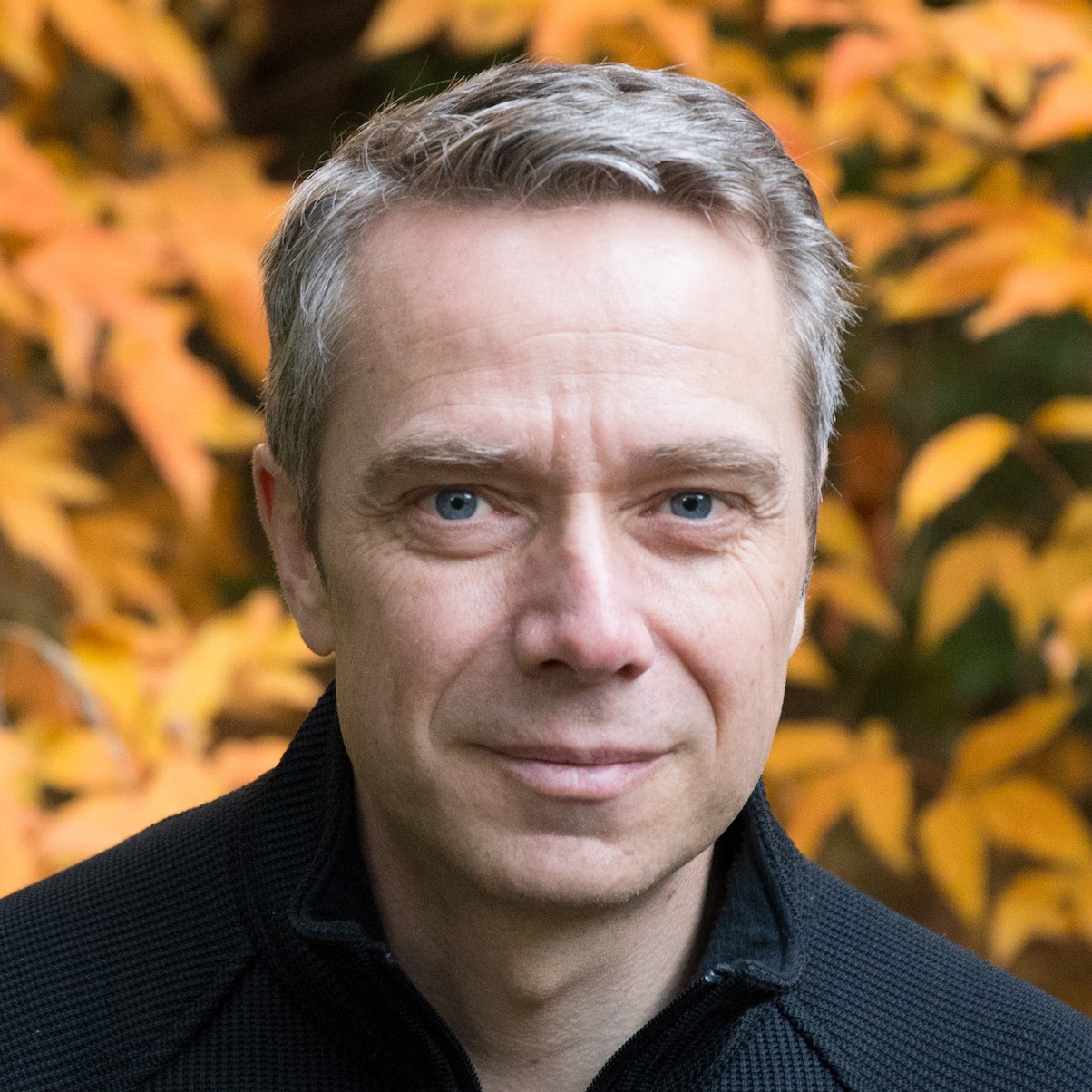
Dieter Fox
University of Washington / Allen Institute for AI
Joyce Chai
University of Michigan
Ranjay Krishna
University of Washington / Allen Institute for AI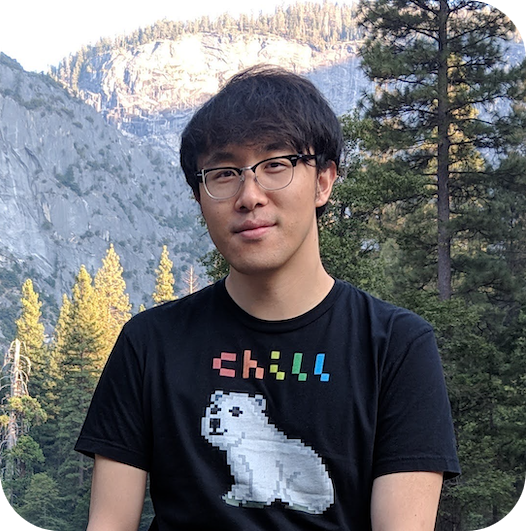
Saining Xie
New York UniversityConfirmed Panelists (Alphabetical Order)
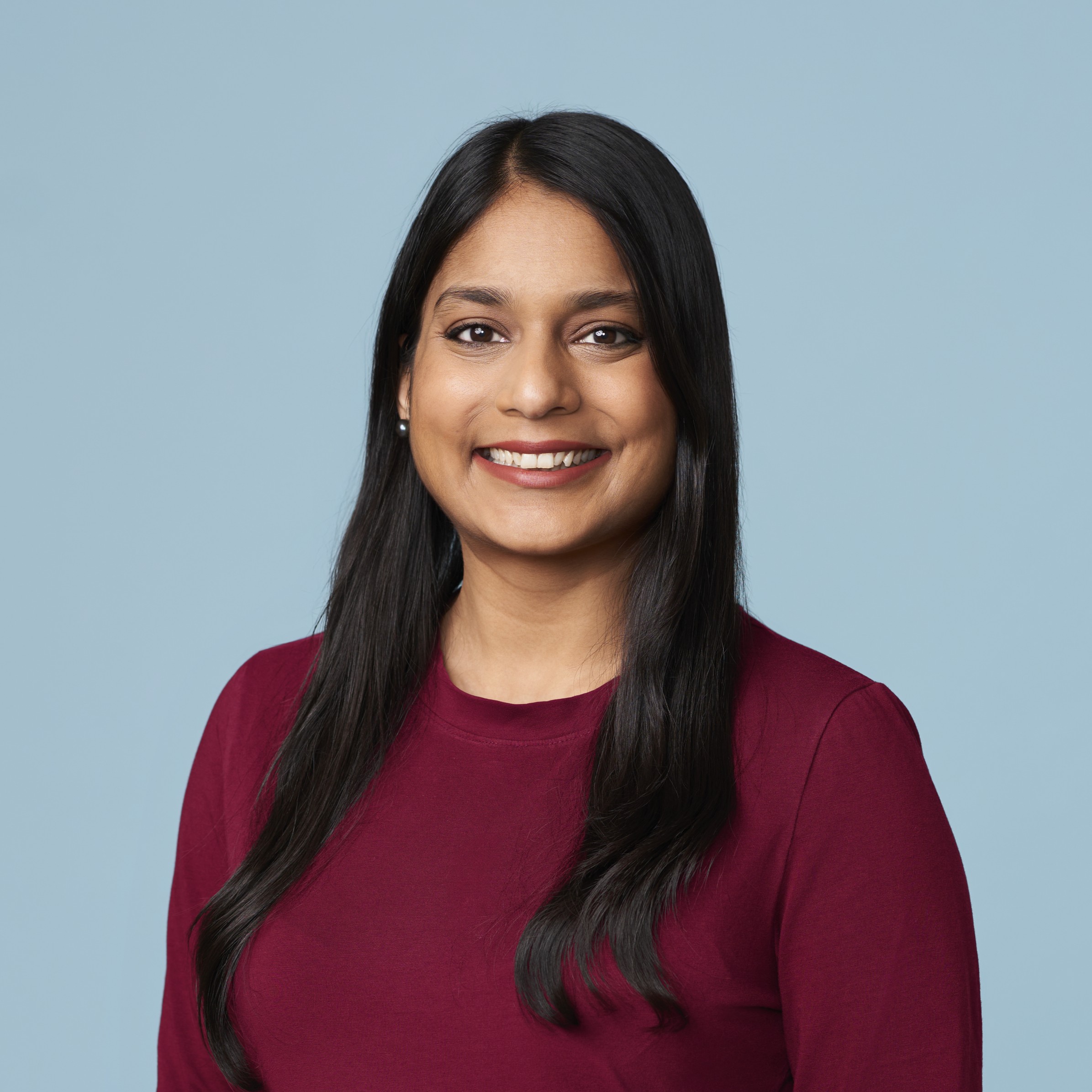
Aishwarya Agrawal
University of Montreal/Mila/Google DeepMind
Anthony G. Cohn
University of Leeds
Daniel Havir
Alquist RoboticsOrganizing Committee

Martin Ziqiao Ma
University of Michigan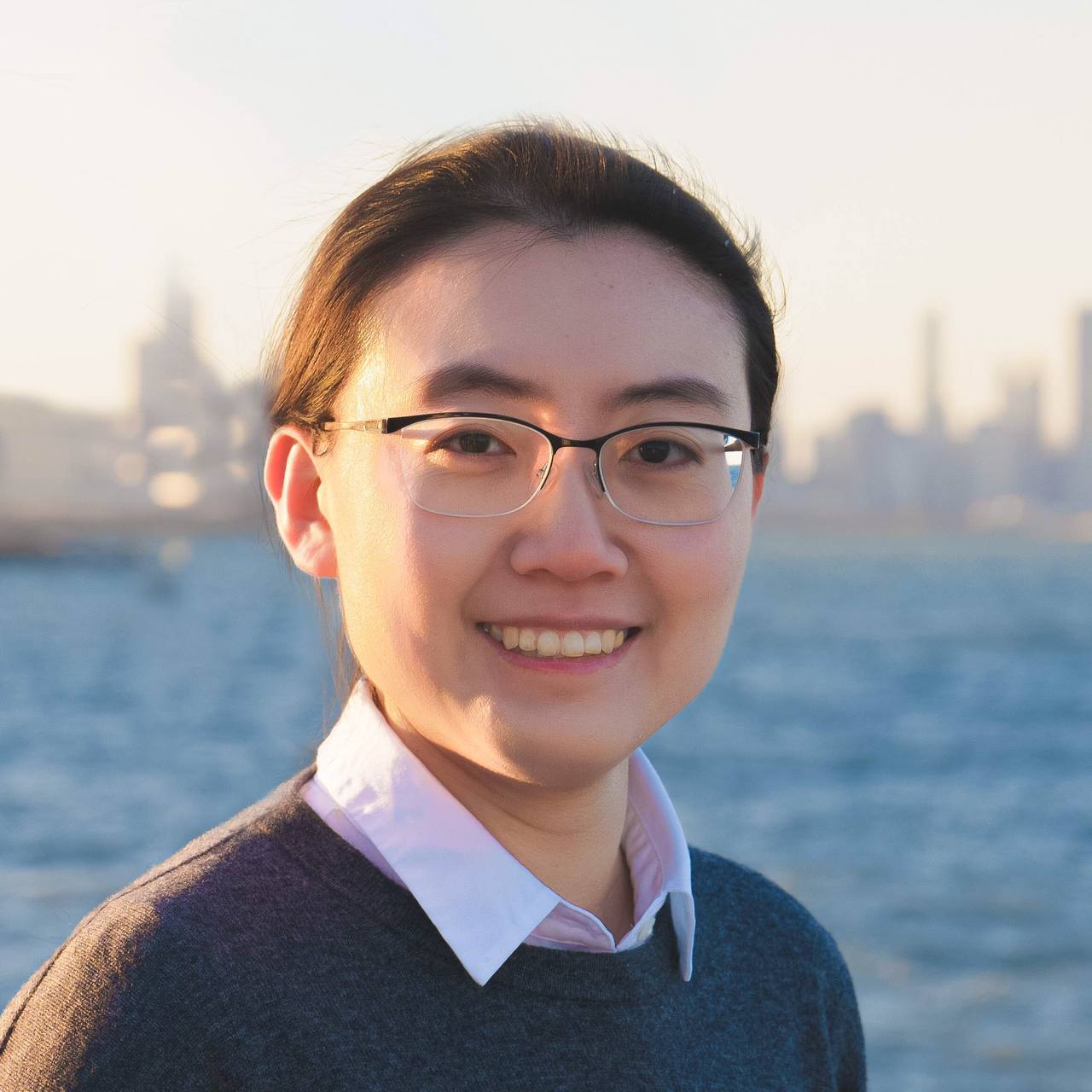
Freda Shi
University of Waterloo / Vector Institute
Jiayuan Mao
University of Pennsylvania / Amazon FAR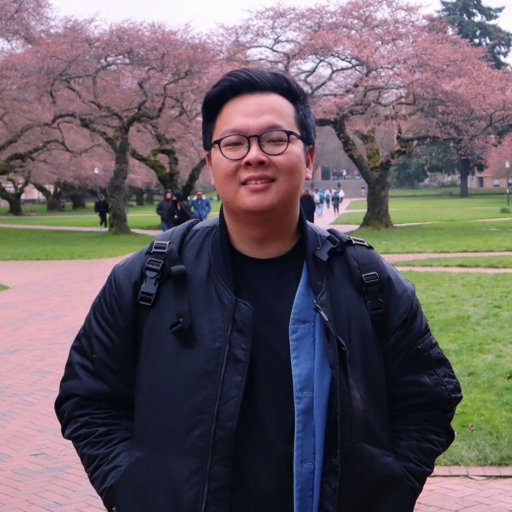
Jiafei Duan
University of Washington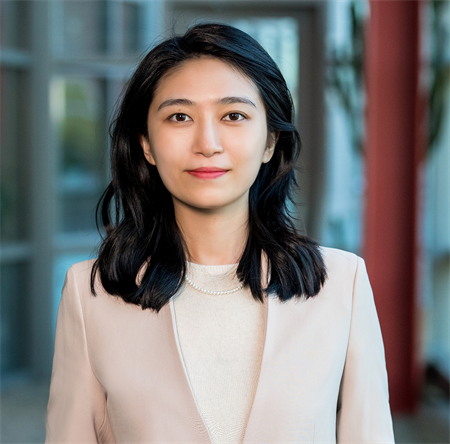
Manling Li
Northwestern University
David Hsu
National University of Singapore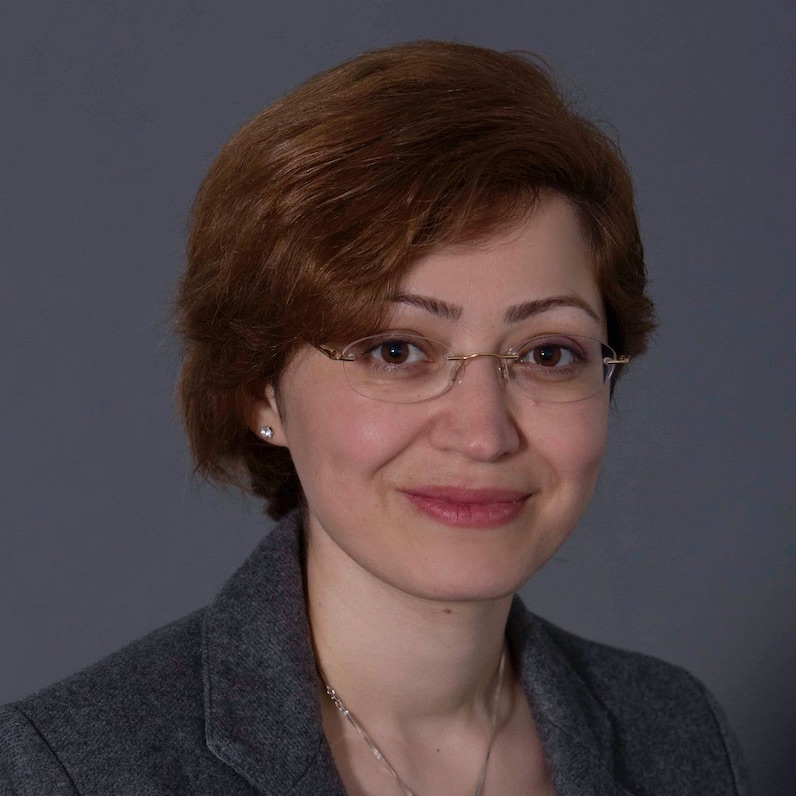
Parisa Kordjamshidi
Michigan State UniversityEvent Schedule
Welcome
Opening Remarks.
Oral Presentation
SpatialThinker: Reinforcing 3D Reasoning in Multimodal LLMs via Spatial Rewards. Hunar Batra, Haoqin Tu, Hardy Chen, Yuanze Lin, Cihang Xie, Ronald Clark
Oral Presentation
NePTune: A Neuro-Pythonic Framework for Tunable Compositional Reasoning on Vision-Language. Danial Kamali, Parisa Kordjamshidi

Keynote Saining Xie
Title: Towards Spatial Supersensing in Video

Keynote Ranjay Krishna
Title: Visual Reasoning for Robotics
Poster Presentations
Poster session 1 (main) and coffee break.
Oral Presentation (Best Paper)
ROSE: Reconstructing Objects, Scenes, and Trajectories from Casual Videos for Robotic Manipulation. Peihao Li, Haoran Geng, Jameson Crate, Yanbing Han, Junyi Zhang, Feishi Wang, Charlie Tianyue Cheng, Runpei Dong, Yen-Jen Wang, Haozhe Lou, Trevor Darrell, Pieter Abbeel, Jitendra Malik
Oral Presentation (Best Paper Runner-Up)
SpinBench: Perspective and Rotation as a Lens on Spatial Reasoning in VLMs Yuyou Zhang, Radu Corcodel, Chiori Hori, Anoop Cherian, Ding Zhao
Panel Discussion
Panel discussions with lunch break.
Main and Challenge Track Summary
Best papers and challenge award annoucement.
Industry Lightening Talk (EdenSign)
Industry Lightening Talk (Alquist Robotics)

Keynote Barbara Landau
Title: Spatial Language and Vision: Some Complexities

Keynote Joyce Chai
Title: Language use in 3D Space

Keynote Dieter Fox
Title: Toward Mastering Domains via Automated Data Scaling

Keynote Amir Zadeh
Title: Latent Particle World Models
Oral Presentation
Maestro: Orchestrating Robotics Modules with Vision-Language Models for Zero-Shot Generalist Robots. Junyao Shi, Rujia Yang, Kaitian Chao, Bingqing Selina Wan, Yifei Simon Shao, Jiahui Lei, Jianing Qian, Long Le, Pratik Chaudhari, Kostas Daniilidis, Chuan Wen, Dinesh Jayaraman
Oral Presentation
Every Camera Effect, Every Time, All at Once: 4D Gaussian Ray Tracing for Physics-based Camera Effect Data Generation. Yi-Ruei Liu, You-Zhe Xie, Yu-Hsiang Hsu, I-Sheng Fang, Yu-Lun Liu, Jun-Cheng Chen
Poster Presentations
Poster session 2 and wrap up.

Keynote Saining Xie
Title: Towards Spatial Supersensing in Video

Keynote Ranjay Krishna
Title: Visual Reasoning for Robotics
Panel Discussion
Panel discussions with lunch break.
Industry Lightening Talk (EdenSign)
Industry Lightening Talk (Alquist Robotics)

Keynote Barbara Landau
Title: Spatial Language and Vision: Some Complexities

Keynote Joyce Chai
Title: Language use in 3D Space

Keynote Dieter Fox
Title: Toward Mastering Domains via Automated Data Scaling

Keynote Amir Zadeh
Title: Latent Particle World Models
Oral Presentation
SpatialThinker: Reinforcing 3D Reasoning in Multimodal LLMs via Spatial Rewards. Hunar Batra, Haoqin Tu, Hardy Chen, Yuanze Lin, Cihang Xie, Ronald Clark
Oral Presentation
NePTune: A Neuro-Pythonic Framework for Tunable Compositional Reasoning on Vision-Language. Danial Kamali, Parisa Kordjamshidi
Poster Presentations
Poster session 1 and coffee break.
Oral Presentation
ROSE: Reconstructing Objects, Scenes, and Trajectories from Casual Videos for Robotic Manipulation. Peihao Li, Haoran Geng, Jameson Crate, Yanbing Han, Junyi Zhang, Feishi Wang, Charlie Tianyue Cheng, Runpei Dong, Yen-Jen Wang, Haozhe Lou, Trevor Darrell, Pieter Abbeel, Jitendra Malik
Oral Presentation
SpinBench: Perspective and Rotation as a Lens on Spatial Reasoning in VLMs Yuyou Zhang, Radu Corcodel, Chiori Hori, Anoop Cherian, Ding Zhao
Main and Challenge Track Summary
Best papers and challenge award annoucement.
Oral Presentation
Maestro: Orchestrating Robotics Modules with Vision-Language Models for Zero-Shot Generalist Robots. Junyao Shi, Rujia Yang, Kaitian Chao, Bingqing Selina Wan, Yifei Simon Shao, Jiahui Lei, Jianing Qian, Long Le, Pratik Chaudhari, Kostas Daniilidis, Chuan Wen, Dinesh Jayaraman
Oral Presentation
Every Camera Effect, Every Time, All at Once: 4D Gaussian Ray Tracing for Physics-based Camera Effect Data Generation. Yi-Ruei Liu, You-Zhe Xie, Yu-Hsiang Hsu, I-Sheng Fang, Yu-Lun Liu, Jun-Cheng Chen
Poster Presentations
Poster session 2 and wrap up.
Workshop Venue
San Diego Convention Center
Room: Upper Level Room 29A-D
111 Harbor Dr, San Diego, CA 92101
Sponsors
We are open to additional sponsors to support the workshop and the community for traveling and registration. If you are interested in sponsoring, please contact us.
We are pleased that Lambda, Alquist Robotics, EdenSign will sponsor our workshop. In support of research excellence and community engagement, we will provide $3,000 in cloud credits for the Best Paper Award, and $1,500 in cloud credits for the Runner-Up Paper Award.


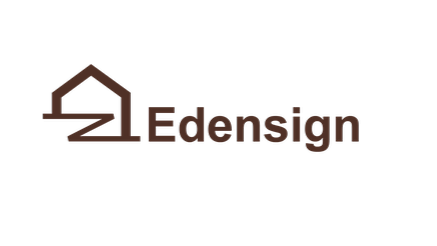
Frequently Asked Questions
Can I submit a paper that has been accepted in NeurIPS 2025 or previously published other conferences/journals?
No. Per NeurIPS 2025 workshop guidlines, workshops are not a venue for work that has been previously published in other conferences on machine learning or related fields. Work that is presented at the main NeurIPS conference should not appear in a workshop, including as part of an invited talk.
Can I submit a manuscript that is not accepted yet but is on arxiv and/or is currently under review?
Yes, the SpaVLE workshop is non-archival. Note that vision conferences such as CVPR and ICCV consider peer-reviewed workshop papers as publications if their length exceeds 4 pages (excluding references), even if they do not appear in a proceedings. If you are considering submitting your paper later to vision conferences, please consider submitting an abridged version as a short paper (up to 4 pages).
Can I volunteer as a reviewer for SpaVLE?
Yes! Please fill in this form and we will be in touch!
Contact
Address
111 Harbor Dr, San Diego, CA 92101
Email Us
spavle.committee@gmail.com
